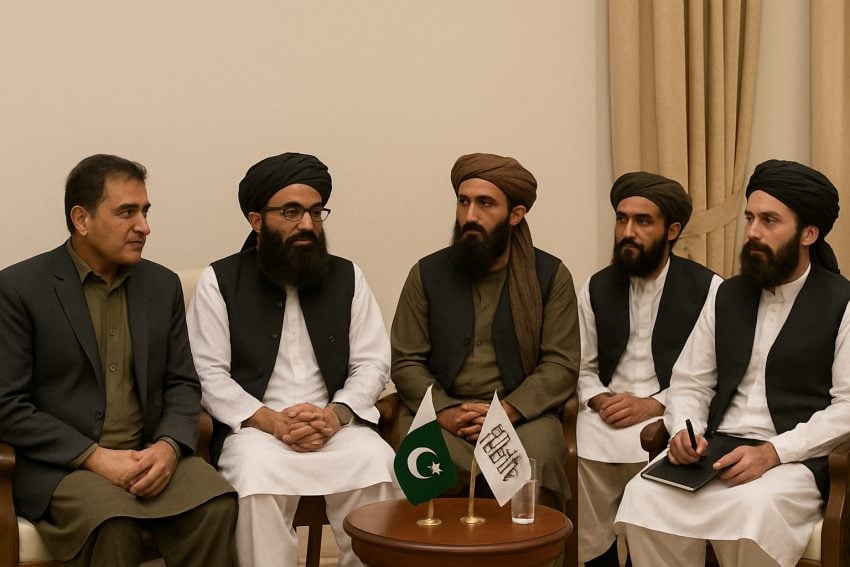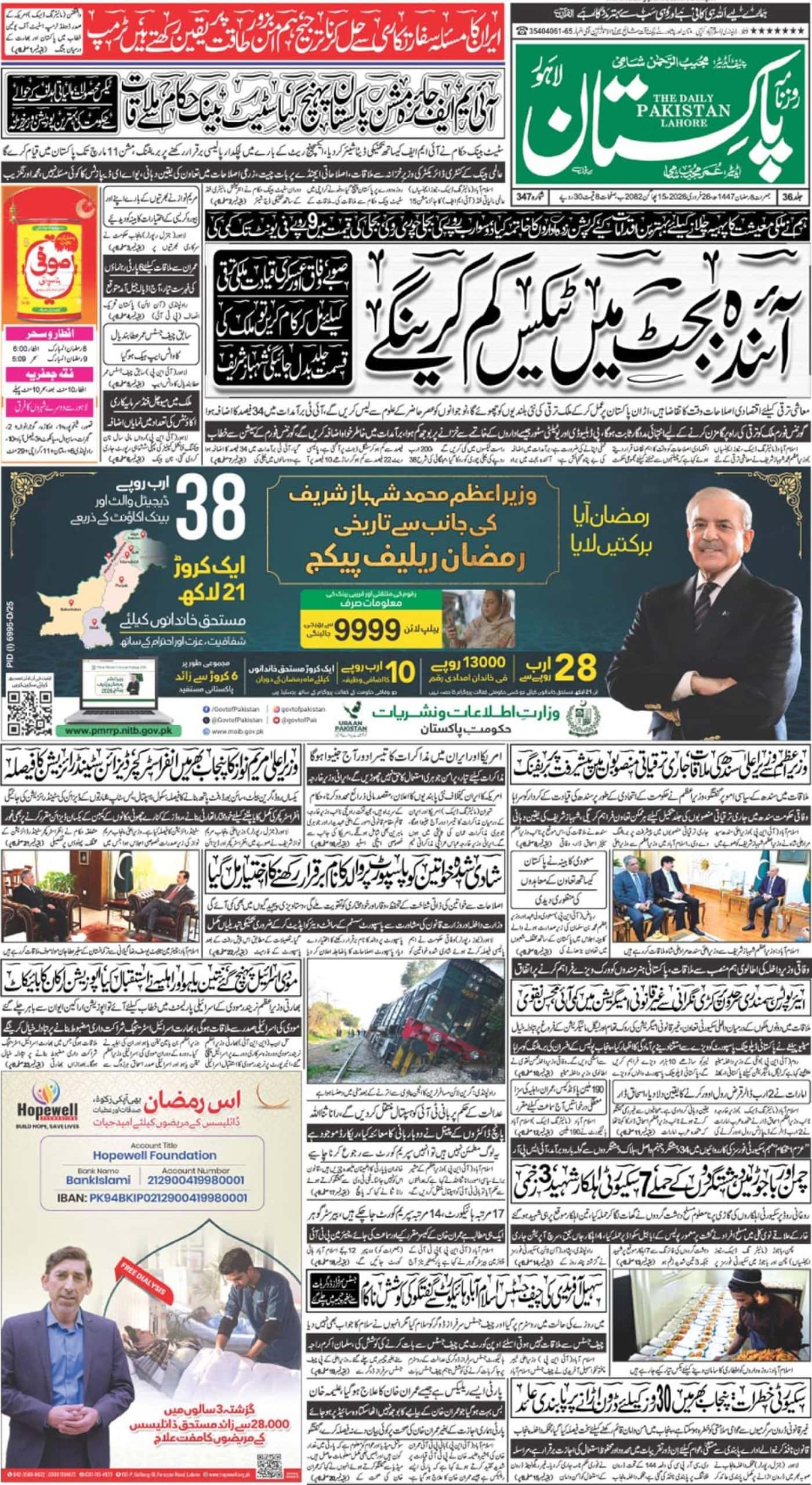It’s a frustrating thing to be patient when no one appreciates it. For years, we lived with this deep, gnawing feeling as we watched our country bleed along the western border. We kept thinking that surely things would change. However, our patience was often perceived as a weakness. Every time we buried another soldier, another police officer, another innocent civilian, we felt the sting of attacks that were planned and launched from the safety of Afghan soil.
We tried everything the good-neighbour playbook tells you to do. We sent our diplomats. We discussed our shared history and our faith. We pleaded as brothers. And in return? We got a pat on the back, some hollow condolences, and then the same cold denial, over and over. You just get tired. You get tired of being told the problem doesn’t exist while you’re burying your own people. Eventually, it becomes painfully clear your voice isn’t being heard. That’s when you learn a tough lesson: nobody respects a request that comes from a position of weakness. If you want people to listen, truly listen, you have to be strong enough that they can’t afford to ignore you.
And so, we ripped up the old playbook.
A new doctrine was forged in the fire of our losses—one that was simple, clear, and uncompromising. Its essence was a stark warning: “If you rattle our peace, be ready we will kill you inside your territory.” This was not posturing; it was a promise. When our warnings were inevitably ignored and more attacks followed, we demonstrated our resolve with precise cross-border actions against TTP hideouts. We changed the calculus of a one-sided war by imposing a direct cost for inaction.
The effect was immediate. The diplomatic channels, once stagnant, opened with a new urgency. But this time, the dynamic was different. We did not bow down. We did not travel to them. Instead, our new position of strength brought the Afghan Taliban leadership to a neutral third country—Doha, Qatar—to negotiate in the presence of international mediators.
What unfolded in Qatar was the diplomatic culmination of our assertive new strategy, a maneuver one analyst aptly described as “Pakistan’s Perfect Trap.” The TTP, the subject of the entire dispute, was deliberately excluded from the talks. This forced the Afghan Taliban onto the horns of an inescapable dilemma:
If they claimed to represent the TTP, they would be admitting responsibility and would be internationally bound to dismantle the group.
If they claimed no control over the TTP, they would be admitting their territory was a lawless haven for a common threat, thus obligating them to join forces with Pakistan to eliminate it.
Either path led directly to our primary objective
The result is the most significant strategic and diplomatic breakthrough we have achieved in years. For the first time, the Afghan Taliban have formally conceded—within a mediated international agreement—that Afghan soil will not be used for attacks against Pakistan. Their public statements, pledging to stop supporting groups that attack us, serve as a de facto admission to a truth we have been stating for years. The era of implausible denial is over. This is a monumental validation of our long-standing position.
This victory was not won with pleas, but with power. It was earned by the resolve of our security forces and the strategic clarity that recognised strength as the only language that would be understood.
Of course, a healthy skepticism is warranted. Pledges are written on paper, but peace is secured on the ground. We have been given words, and now we must see the deeds to match. The actual test begins with implementation and the creation of verifiable monitoring mechanisms, which are the logical next steps. We will be watching, not with naive optimism, but with the vigilant eyes of a nation that has learned a difficult lesson. For now, the border is quiet. Our job is to ensure it stays that way. We have proven that we are willing to defend our peace, and we finally have a framework that compels our neighbours to respect it. This is the new reality. This is the Doha Doctrine.














